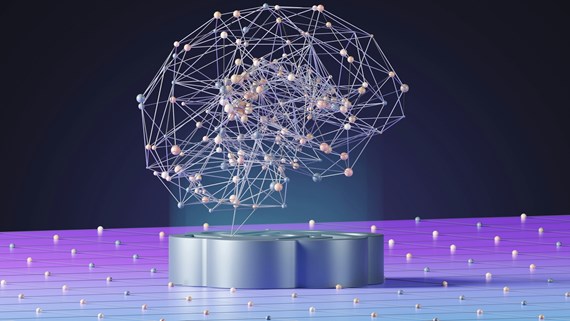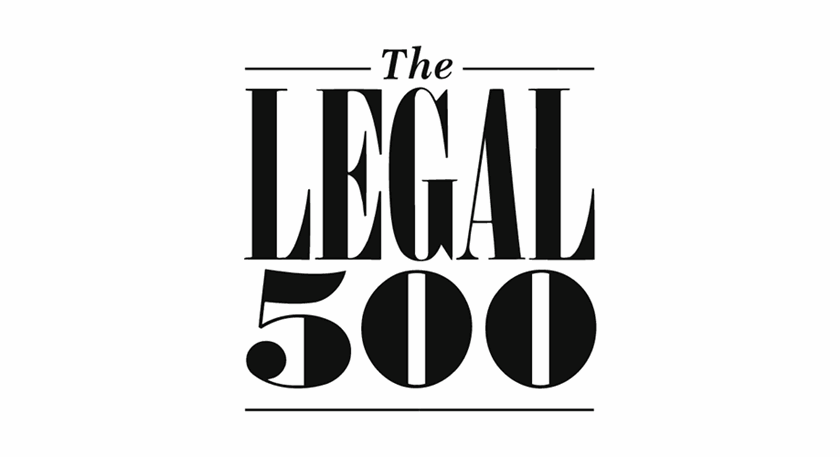AI in higher education: Thaler case update
Insight

On 17 October, David Copping and Ethan Ezra hosted a webinar discussing the legal implications of artificial intelligence (AI) within the higher education sector and published a follow-up article (see here).
Background
The webinar and article discussed the Thaler case which related to whether an AI machine (known as DABUS) could be eligible as an inventor of a patent. The UK Intellectual Property Office (UKIPO) had initially refused two patent applications by Dr Thaler, who had listed DABUS as the inventor, because they did not deem DABUS a “person” as required for inventor status by ss. 7 and 13 of the Patents Act 1977 (the Act). The applications related to types of food and drink containers, as well as a form of light beacon. Dr Thaler’s appeals to the High Court and Court of Appeal were similarly unsuccessful.
The judgment
The Supreme Court’s decision turned on three key issues:
- AI as an “inventor”: the Court affirmed the position of previous decisions on the matter and that “an inventor within the meaning of the 1977 Act must be a natural person, and DABUS is not a person at all, let alone a natural person”. The decision here was based on earlier case law which discusses natural personhood, as well as a wider reading of the Act, which gives no indication that an inventor could be a machine.
- Dr Thaler’s ownership and right to apply for a patent: this argument failed on two counts. Firstly, DABUS was not an inventor and so the key ingredient for the patent application was already missing. Secondly, s.7 of the Act contains very specific provisions regarding someone other than the inventor being granted a patent. Dr Thaler argued that s.7(2)(b) (grant to someone who owns the invention due to the operation of law) applied here because he is the owner of DABUS and is therefore entitled to the fruits of DABUS’ labour. By way of a curious analogy, Dr Thaler argued that “the owner of the existing property also owns the new property … the farmer owns the cow and the calf”. The Court rejected the idea that an invention here is some form of tangible property, akin to a calf, which can automatically pass to the owner of the machine which generated it.
- The original withdrawal of the patent applications: based on the two points above, the Court agreed that the original Hearing Officer’s decision was entirely justified.
The future
Overall, the judgment was somewhat expected and affirmed earlier decisions on the Thaler case. Simply put, AI machines are not eligible as inventors under patent law. At the same time, the judgment comments on its own limitations, observing that the immediate case is concerned with the strict application of ss.7 and 13 of the Act. More broadly though, the case raises unanswered questions and:
"policy issues about the purpose of a patent system, the need to incentivise technical innovation and the provision of an appropriate monopoly in return for the making available to the public of new and non-obvious technical advances, and an explanation of how to put them into practice across the range of the monopoly sought. It may be thought that the rapid advances in AI technology in recent times render these questions even more important than they were when these applications were made."
One issue which is likely to become pertinent going forward is the extent to which human intervention in an AI process is required such that they can be listed as the inventor (and the invention will be patentable). It is probable that cases where a human has offered some small contribution or exerted control over an AI machine during the invention process will be mulled over in the courts and further guidance / legislation will be needed. For now, HE bodies, academics, and researchers will need to be aware of the immediate implications of this case in terms of inventorship, while also considering the policies and methods with which they can safely integrate limited AI processes into their work within the remit of the Act.
This publication is a general summary of the law. It should not replace legal advice tailored to your specific circumstances.
© Farrer & Co LLP, February 2024







